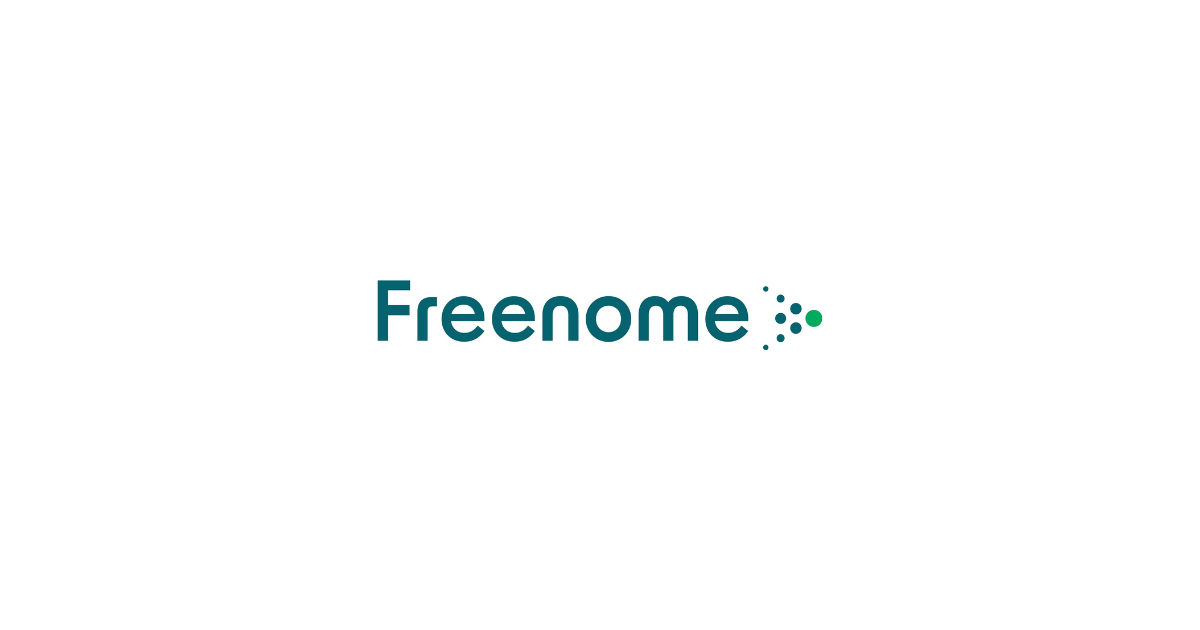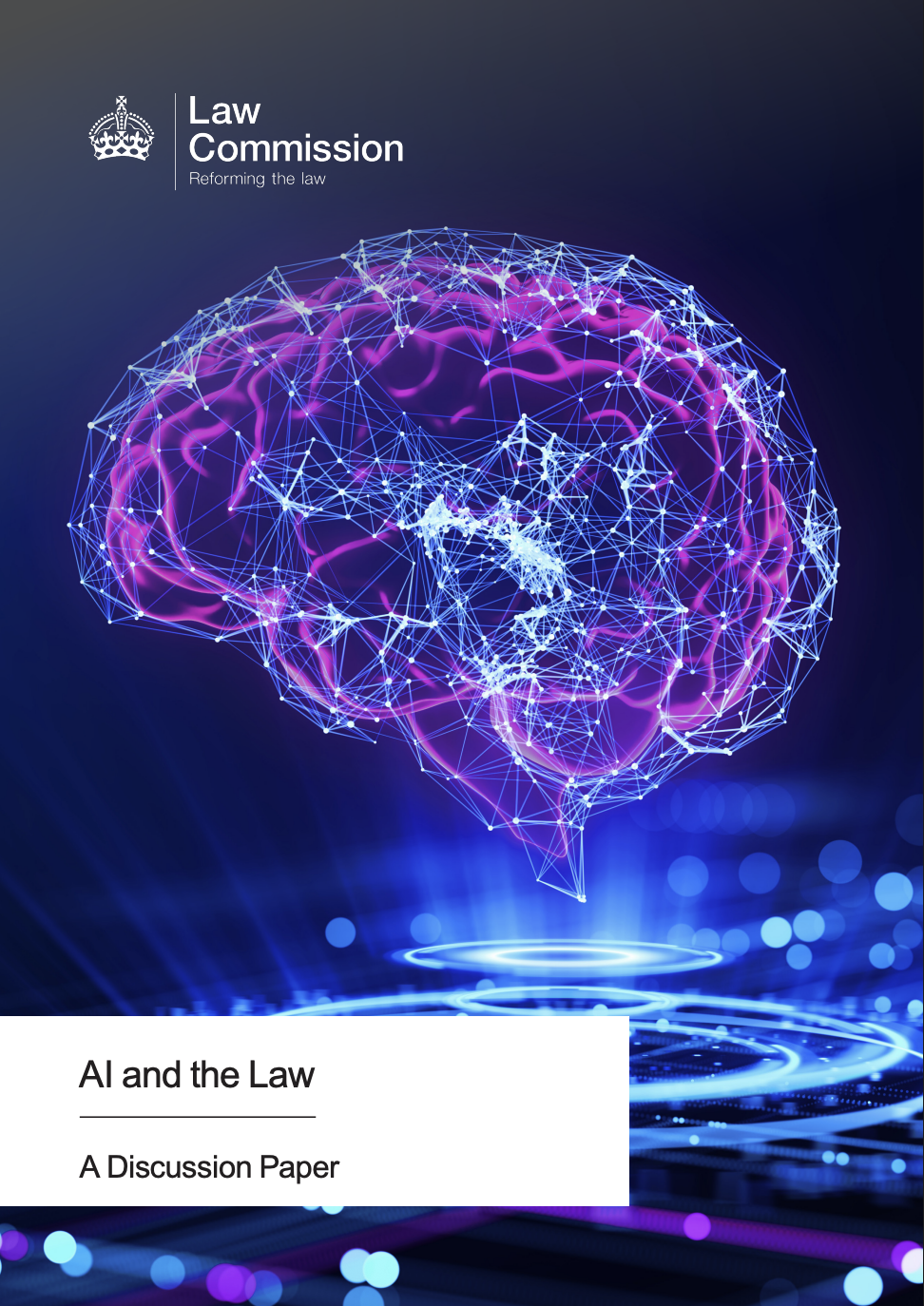Freenome's Blood Test for Colorectal Cancer Shows Promising Results in JAMA Study

Freenome has announced the publication of its PREEMPT CRC study results in JAMA, showcasing the efficacy of its blood-based test for colorectal cancer detection. Announced in a press release, the study involved 48,995 average-risk adults aged 45 to 85 and demonstrated that the test met all primary efficacy endpoints, surpassing CMS coverage requirements for sensitivity and specificity.
The PREEMPT CRC study is noted as the largest prospective study of its kind, with the test showing an overall colorectal cancer sensitivity of 79.2% and specificity of 91.5% for advanced colorectal neoplasia. The study also highlighted the test's 100% sensitivity for colorectal cancer in adults aged 45-49, a group newly recommended for screening.
Freenome is advancing its premarket approval submission for the test to the FDA, with completion expected by mid-2025. The company continues to focus on assay and algorithm improvements to enhance detection capabilities and expand into additional indications, including lung cancer.
We hope you enjoyed this article.
Consider subscribing to one of our newsletters like Life AI Weekly or Daily AI Brief.
Also, consider following us on social media:
More from: Life Sciences
Subscribe to Life AI Weekly
Weekly coverage of AI applications in healthcare, drug development, biotechnology research, and genomics breakthroughs.
Whitepaper
AI and the Law: Discussion Paper
This discussion paper explores the intersection of artificial intelligence and legal frameworks, addressing potential legal challenges posed by AI's autonomy, adaptiveness, and opacity. It examines issues such as liability gaps, causation, and the potential for granting AI systems legal personality, aiming to foster further discussion on AI's impact on law reform.
Read more
